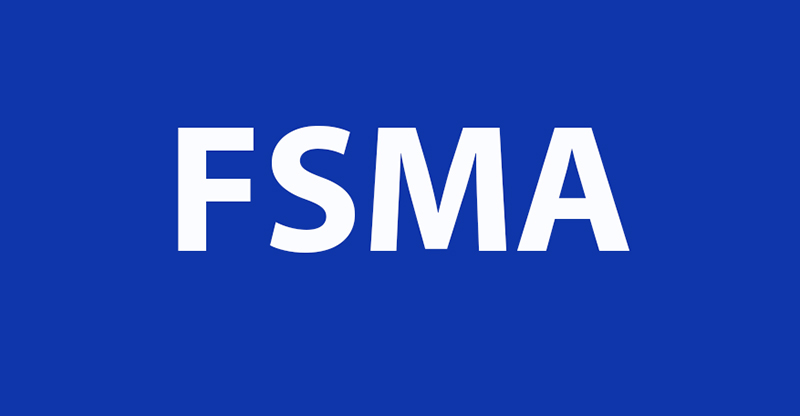On July 2, the Beijing News reported that the state-run oil and grain company, Sinograin was using the same tanker trucks to transport both fuel and food oil products, without any cleaning process between. According to the website, ChinaMediaProject.org, the tankers were transporting soybean oils and syrups together with coal-to-oil (CTL) products, which use coal as a raw material to produce oil and petrochemical products through chemical processing. The scandal has implicated other major Chinese companies including Hopefull Grain and Oil Group, a private conglomerate as reported in the Guardian.
In the Beijing News report, an undercover reporter interviewed a trucker who had driven a tanker of coal-derived fuel from Ningxia, a region in the west of China, to the east coast city of Qinhuangdao in Hebei, a journey of more than 800 miles (1,290km). The trucker told the journalist he was not allowed to return with an empty vehicle, and subsequently drove to a facility in another part of Hebei to load up with nearly 32 tons of soya bean oil, without cleaning the tanker. Several other tankers featured in the article made similar journeys without any washing or sanitizing of the tank in between.
The Beijing News is a state-run newspaper under Beijing municipal propaganda office that into the early 2010s was among the country’s more outspoken professional outlets. Stories like this have become a true rarity in the Xi Jinping era, as the leadership has emphasized “positive propaganda” and the need for media to abide by “correct public opinion guidance.”
There is no mandatory national standard at present for the transportation of edible oil in China. There is only a recommended Code for Bulk Transport of Edible Vegetable Oil, which mentions that special vehicles should be used for the transportation of edible vegetable oil in bulk. Because it is a recommended national standard, this means that it has limited binding force on manufacturers.
This week the office of the food safety commission under China’s State Council said it was investigating the claims and that “individuals found violating the law through improper use of tanker trucks will face severe punishment”.
It is not clear where the cooking oil in the fuel-contaminated tankers ultimately ended up. Follow-up reports tracking the truckers identified in the Beijing News article suggested that the tankers delivered oil to packaging facilities run by household brand names in China, intensifying concerns that people could be consuming toxic oil. The article also quoted an industry insider as saying that some of the oil may ultimately be packaged into small bottles for foreign sales.
Photo Credit: Rick Biros















